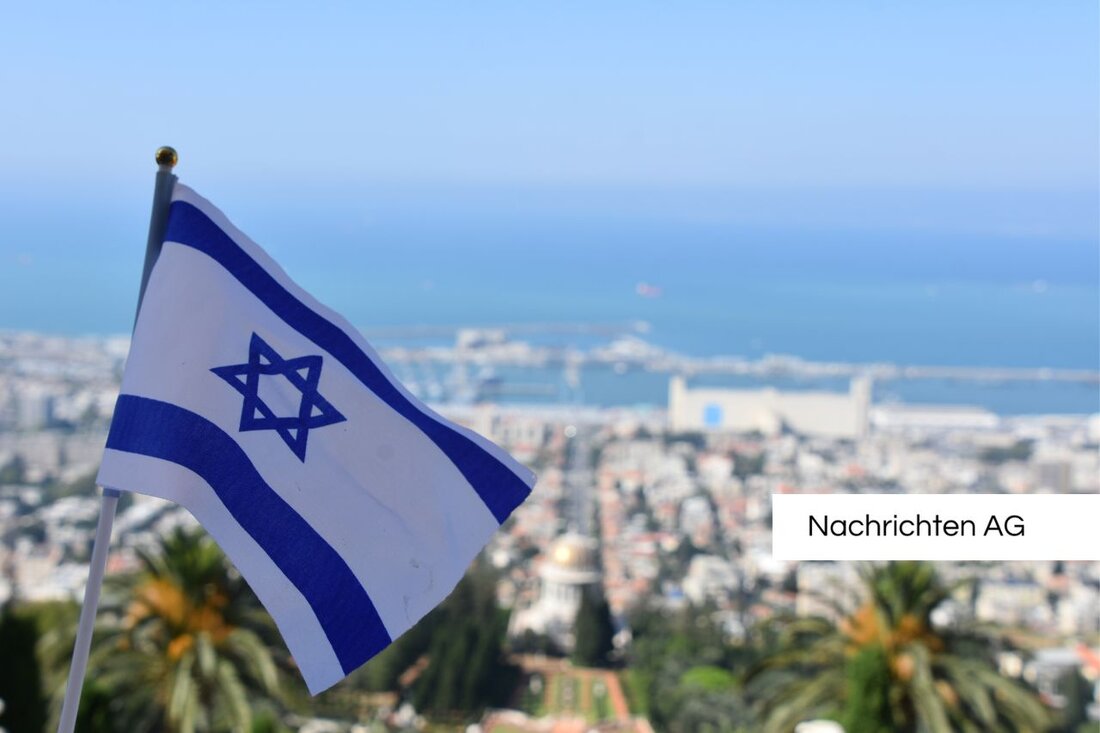Dringende Verhandlungen in Genf: Iran unter Druck beim Atomprogramm!
Am 19. Juni 2025 treffen sich die Außenminister von Deutschland, Frankreich, Großbritannien und die EU-Außenbeauftragte in Genf, um über Irans Atomprogramm zu verhandeln und Deeskalation zu fördern.

Dringende Verhandlungen in Genf: Iran unter Druck beim Atomprogramm!
Am 19. Juni 2025 fanden in Genf entscheidende Verhandlungen über das iranische Atomprogramm statt. Anwesend waren die Außenminister von Deutschland, Frankreich und Großbritannien sowie die EU-Außenbeauftragte Kaja Kallas. Ziel dieser Gespräche war es, Iran dazu zu bewegen, von seinen umstrittenen Atomvorhaben abzurücken und die allgemeine Deeskalation in der Region zu fördern. Der iranische Außenminister, Abbas Araqchi, nahm ebenso an den Verhandlungen teil, die im Kontext eines steigenden internationalen Drucks auf Teheran stattfanden.
Der deutsche Außenminister Johann Wadephul (CDU) sprach zuvor in einem Telefonat mit seinen Amtskollegen Jean-Noël Barrot aus Frankreich und David Lammy aus Großbritannien sowie Kaja Kallas. Dieses Treffen war Teil einer umfassenden Strategie, die darauf abzielt, sich mit den USA über den Umgang mit dem iranischen Atomprogramm abzustimmen. Lammy plante dazu ein Treffen mit US-Außenminister Marco Rubio in Washington, um die Positionen zu klären und einheitlich gegenüber dem Iran aufzutreten.
Internationale Dringlichkeit
Die Situation des iranischen Atomprogramms ist nach wie vor besorgniserregend. Der Iran hat seit dem US-Ausstieg aus dem Atomabkommen im Jahr 2018 seine Nuklearaktivitäten drastisch ausgeweitet und gilt inzwischen als nuklearer Schwellenstaat. Berichten zufolge hat der Iran Uran auf bis zu 60 % angereichert, was eine erhebliche Verletzung des gemeinsamen umfassenden Aktionsplans (JCPOA) darstellt. Diese Entwicklungen machen eine politische Einigung drängender denn je, da die UN-Resolution, die das Abkommen von 2015 bindend macht, im Oktober 2025 ausläuft.
Hinsichtlich des aktuellen Stands verfügte der Iran im Februar 2025 über 7.464 kg angereichertes Uran – das ist fast 25-mal mehr als im JCPOA erlaubt. Experten warnen, dass der Iran innerhalb von nur zwei Wochen Material für 5 bis 6 Atombomben herstellen könnte, wenn er die notwendigen Schritte unternimmt. Gleichzeitig wurde festgestellt, dass der Iran Kontroll- und Verifikationsmechanismen des Abkommens erheblich eingeschränkt hat.
Geopolitische Spannungen und Optionen
Die geopolitischen Spannungen rund um das iranische Atomprogramm führen auch zu Diskussionen über militärische Maßnahmen. Israel hat bereits Maßnahmen gegen Irans Atominfrastruktur ergriffen, und es gibt Überlegungen, ob auch Militärangriffe gegen Iran eine Option sein könnten. Ein solcher Schritt könnte Iran jedoch motivieren, aus dem Atomwaffensperrvertrag auszutreten und die nukleare Entwicklung noch weiter voranzutreiben.
Dennoch bleibt die EU fest entschlossen, Iran von der Entwicklung von Nuklearwaffen abzuhalten. Der sogenannte Snapback-Mechanismus, der es den E3 ermöglichen würde, Sanktionen gegen Iran wieder in Kraft zu setzen, könnte bis August 2025 aktiviert werden. Sollte dies geschehen, hat Teheran bereits angedeutet, dass es erwägen könnte, den Atomwaffensperrvertrag zu verlassen.
Abschließend betont die EU, dass es nicht nur um das Atomprogramm geht, sondern auch um Menschenrechtsverletzungen im Iran. Die Differenzen zwischen Europa und dem Iran könnten, selbst nach möglichen neuen Atomvereinbarungen, weiterhin bestehen bleiben.
Mehr Informationen zu diesen Hervorbringungen der Geopolitik bieten die Artikel von Vienna.at, Spiegel und SWP.

 Suche
Suche
 Mein Konto
Mein Konto
